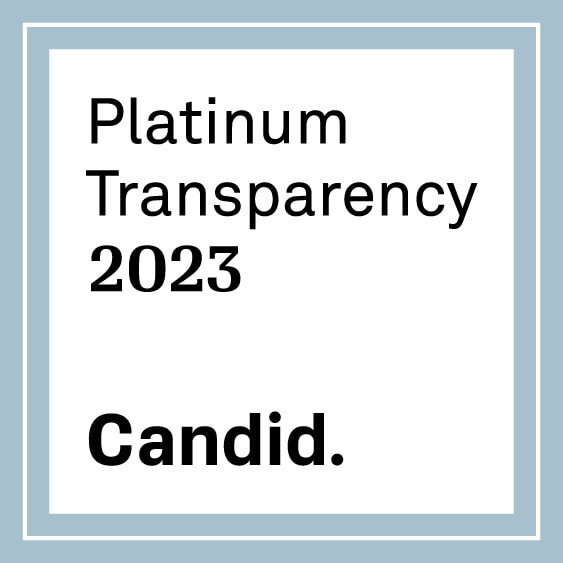|
In March we spent the weekend at NatureBridge in the Marin Headlands. This was a fantastic opportunity to connect in a beautiful setting, reflect on CCBA success, set goals for the future, and engage with leaders in the sustainability field. Thank you to everyone who participated!
0 Comments
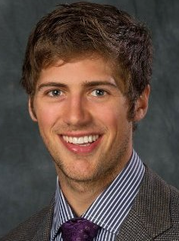 Sam Bliss Green Purchasing Associate Alameda County General Services Agency Sam joins CCBA from Western Washington University where he graduated in 2013 with a degree in economics and environmental studies. He is supporting Alameda County Sustainability to implement its climate action plan for government operations in order to meet medium- and long-term emission-reduction goals. Sam is creating a supply chain emissions inventory to estimate upstream impact of County purchasing, as well as designing and implementing a green events certification program to assist event planners in creating environmentally mindful gatherings. For the emissions inventory, he has completed much of the data work and now turns to communicating results, engaging stakeholders, and forming recommendations for action and further research. “I love the opportunity to hold a short-term position that allows for project ownership and the ability to see work through from start to finish,” says Sam. Sam’s career goal is to be an economist so he can contribute to developing of an economic model that focuses on creating the capabilities for human flourishing within ecological limits. 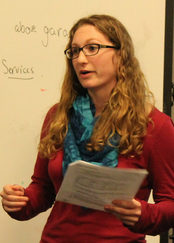 Lauren Dickenson Sustainability Specialist City of Cupertino Lauren joins CCBA and the City of Cupertino from UCLA where she graduated with a B.S. in Environmental Science and an Environmental Systems and Society Minor. “At the City I develop and coordinate a pilot program called Green@School, which will train K-12 Cupertino students as eco-experts to help shepherd their school through a sustainability certification program (California Green Business Program) and create a cleaner, greener and healthier school site.” Green@School was launched in two middle schools in January through each school's Leadership Class. To get this program up and running and ignite student passion for sustainability, Lauren has developed educational modules on various sustainability topics, facilitated student-run audits and investigations, and connected students with relevant resources and contacts. “By the end of my CCBA term, I have high hopes that each school will be able to implement a substantial number of measures towards a Green Business certification, all fueled by the ambition of these brilliant young minds!” Lauren hopes her experience developing and coordinating Green@School will provide her with the skills necessary to work on more community sustainability programs after CCBA.  Caine Chan Energy and Climate Specialist Oakland Unified School District Caine moved to the United States six years ago and attended the University of California Berkeley, majoring in Environmental Economics and Policy. As a CCBA fellow, Caine is working with the emPower program launched by the Oakland Unified School District's Facilities Division to promote district-wide energy conservation and operational efficiency through behavioral change and no-to-low cost retrofits. “I work with energy data on a daily basis as I am in charge of bench-marking, tracking, and monitoring the energy performances of over 100 school sites in order to help identify opportunities to eliminate energy waste in the district and advise on policies to optimize the operational hours of IT, lighting and HVAC systems. The past couple of weeks have been really exciting as my team and I are in the final stages to prepare for the launch of the emPower program as well as to produce a board resolution and supporting documents in pursuit of a Shared Operational Savings and Green Revolving Fund initiative to link the emPower program to broader sustainability efforts at K-12 levels!” says Caine. The emPower energy program is an innovative initiative as it not only supports the goals of Proposition 39 that focuses on building improvements and equipment upgrades, it effectively captures the "low-hanging fruits" by driving down energy demand through education (no cost!) which in the end helps maximize the benefits generated under the Proposition. “Through implementing the emPower program, I have learned and witnessed the importance of policy incentives and strategic communication in promoting sustainability practices and that has reinforced my intent to pursue a master degree in public policy hopefully in the near future.” Read this article by Sam Bliss, which appeared in the Oakland Tribune on February 27.
|
|
Climate Corps is a program of SEI, a 501(c)3 nonprofit organization.
|
Contact UsPhone: (415) 507-2181
Email: [email protected] |
SEI Headquarters100 Smith Ranch Road, Suite 124
San Rafael, CA 94903 States where we work:Arizona
California Colorado Indiana Maryland New Mexico New York New Jersey North Carolina Oregon Washington Virginia |
ConnectSubscribe to SEI's quarterly newsletter to get involved and receive Climate Corps updates
|

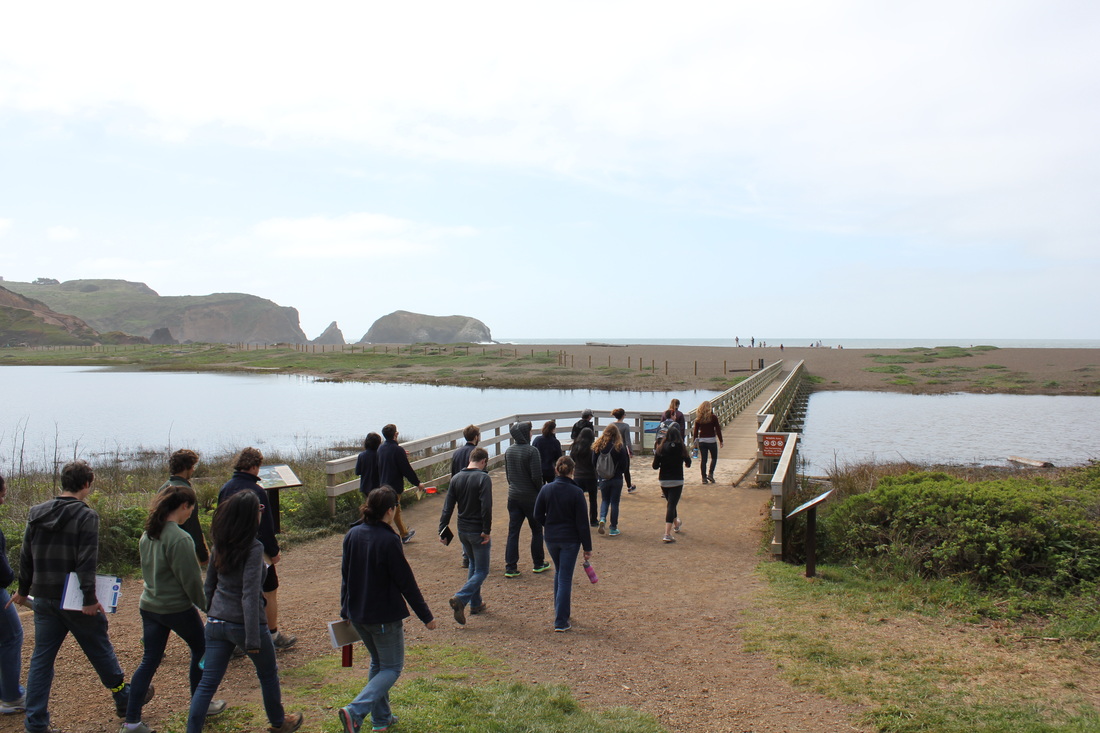
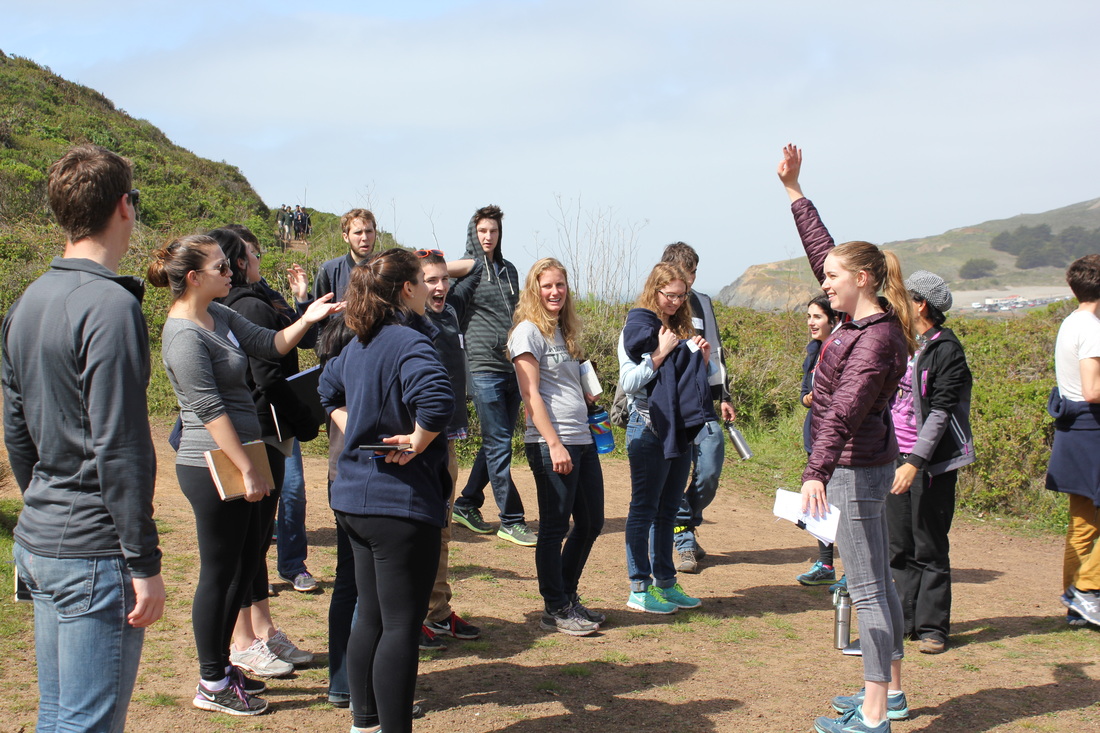
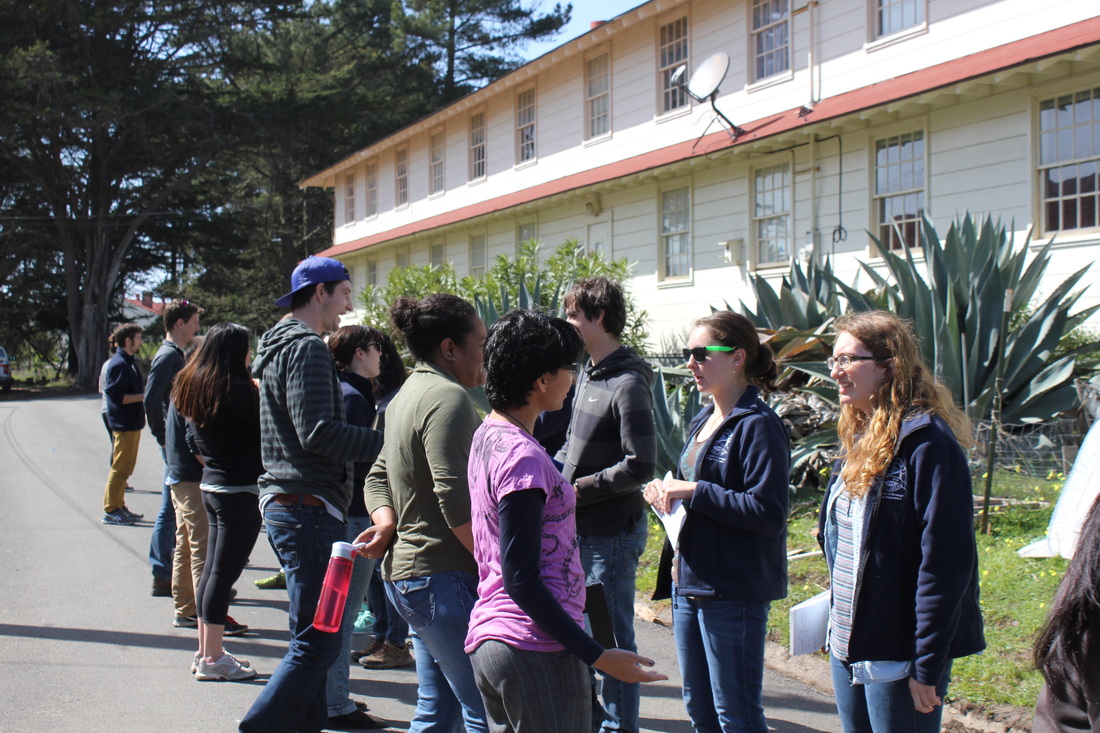
 RSS Feed
RSS Feed

